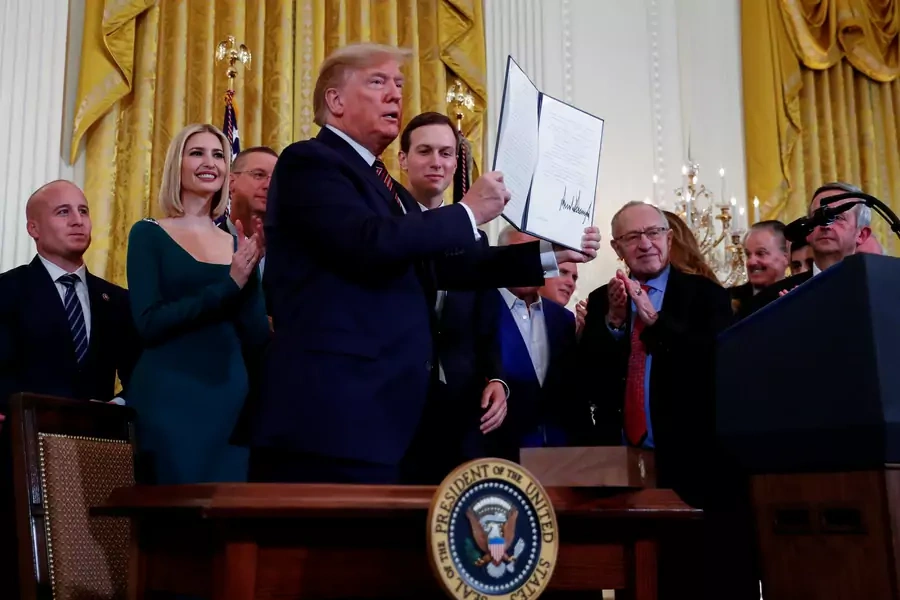New Cyber Brief: Banning Covert Foreign Election Interference

The Digital and Cyberspace Policy program has launched a new Cyber Brief. In this brief, Whitney Shepardson Senior Fellow Robert Knake argues that the United States should self-impose a ban against covert foreign election interference.
Here's the introduction:
More on:
That Russia interfered in the 2016 election on behalf of the Donald J. Trump campaign is no longer disputed. To varying degrees, Trump administration officials and Democratic presidential candidates have warned against such interference in 2020. For his part, President Trump has downplayed both the effect of Russian interference and its impropriety, telling Russian officials in a 2017 meeting that the United States interfered in elections in other countries.
Many on the left also hold this view, arguing that turnabout is fair play given past interference by the U.S. intelligence community in foreign elections. In October 2019, then Democratic presidential candidate Andrew Yang said in a debate that he would tell Russia, “We’ve tampered with other elections. You’ve tampered with our elections. And now it has to stop.”
Despite these claims, recent evidence of covert U.S. interference in foreign elections is scant. The Snowden leaks of classified data have revealed extensive details about the activities of the intelligence community but did not reveal any programs for election interference. Moreover, during the eight years of the Barack Obama administration, it is difficult to identify democratic elections in which the U.S. government could have covertly interfered and succeeded in changing the outcome. The global slide toward authoritarianism has started at the ballot box.
If the U.S. intelligence community is in fact interfering in elections, it should stop. Interfering in democratic processes undermines lasting interests in democracy promotion and weakens America’s soft power. While some could question the value of claiming the moral high ground on the international stage, from a realist perspective, banning covert election interference is in the United States’ interest because it is one of the countries that is more susceptible to it.
Given the relative low cost of carrying out clandestine election interference in the digital age, most countries could muster the resources to conduct such campaigns at multiple levels, from municipal to congressional, if they deemed it in their interest. Thus, the United States should work to create a global norm against covert election interference by unilaterally banning the U.S. intelligence community from such activity, enshrining global respect for democratic processes. It should then assemble a coalition of democratic nations that pledge not to covertly interfere in elections, which would better position the United States to pressure Russia and other nondemocratic states to cease their interference activities or face sanctions by coalition members.
More on:
You can read the full brief here.
 Online Store
Online Store